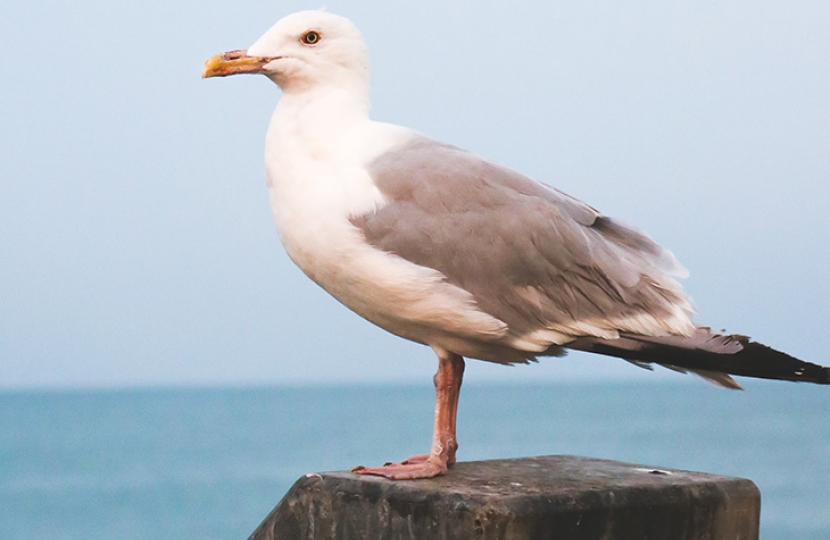
R
esidents have been advised against feeding seagulls after Adur & Worthing Councils received a spike in complaints concerning noise and disruption caused by the birds.
Since lockdown was introduced, there has been a rise in the number of reports of gulls being fed from home addresses in and around the Council areas, which have led to a rise in the amount of discarded rubbish and even a breakdown in neighbourly relations.
Gull colonies have also been known to attack people in a bid to steal food, while regular feeding at homes can lead to damage to roofs and gutters and blockages of gas flues by nesting materials.
All birds, including gulls, are protected under the Wildlife and Countryside Act 1981.
A spokesman for Adur & Worthing Councils said:
“Gulls are iconic to seaside towns like Worthing and as a nation of animal lovers the Councils here understand people may be thinking they are doing the right thing by feeding gulls.
“But we are getting multiple complaints about people excessively feeding seagulls at their home addresses and this is dangerous for gulls and their nutritional benefit as the food they are being given is not their natural diet.
“The message from Adur & Worthing Councils is that it really isn't a good idea to feed seagulls and because of the problems it causes both them and us.”
The three breeds of gulls that are commonly found in urban environments are Herring Gulls, Great Black-backed Gulls and Lesser Black-backed Gulls and the RSPCA say the best and most humane ways of discouraging nesting in homes is use simple wire-frame structures around chimney pots and anti-perching devices, such as spines, which should be fitted professionally. Homeowners are also advised to clear moss and plants from roofs and gutters.
According to the experts gulls snatching food is a behaviour learned and reinforced by being fed by the public
The noisiest time of the year for gulls is the breeding season, between May and July. The best way to avoid disturbances like this is by taking action in the winter to limit the opportunity for gulls to settle or nest on your property.
The Royal Society for the Protection of Birds (RSPB) spokeswoman added:
“If a gull feels that you're too close to its youngster, and so a potential threat, it will fly over you at great speed and alarmingly close - rarely making contact the first time. This is a warning - it's meant to frighten you into backing off.
“We must all stop feeding gulls both inland and in seaside towns and in our gardens if we want to recondition their behaviour.
“A gull can't discern between a sausage roll dropped on the floor for free-picking and the one you're unwrapping for lunch in the local park.”
Article from Adur and Worthing Council.

